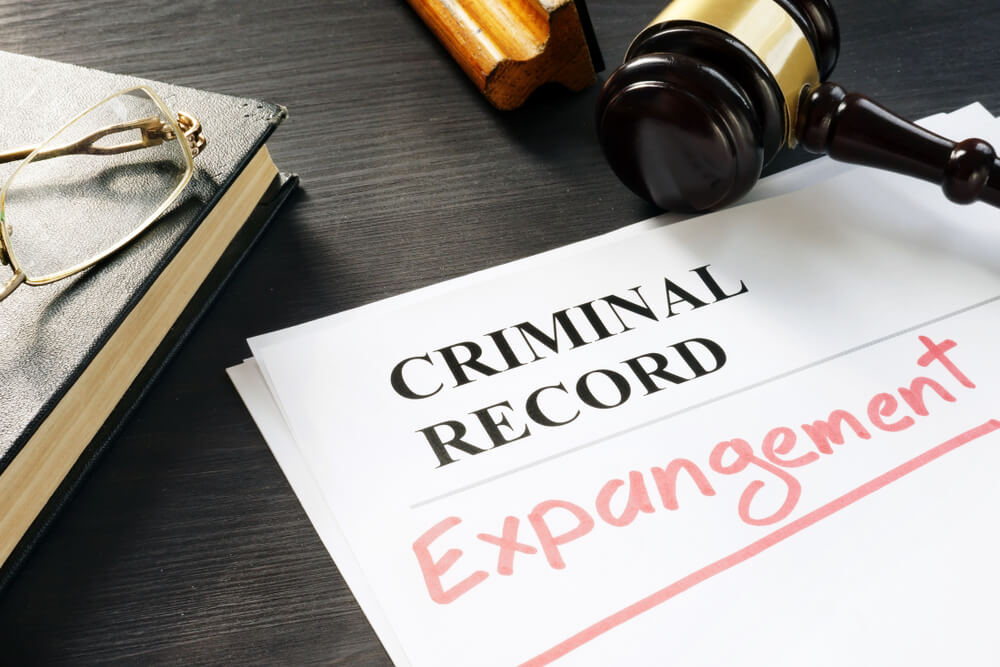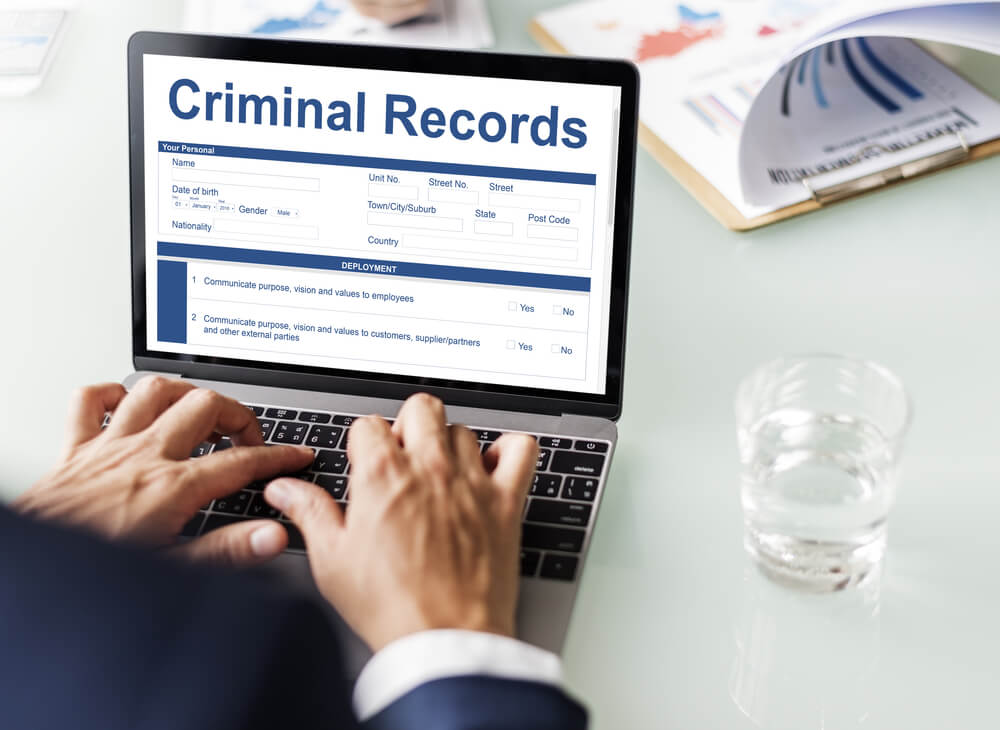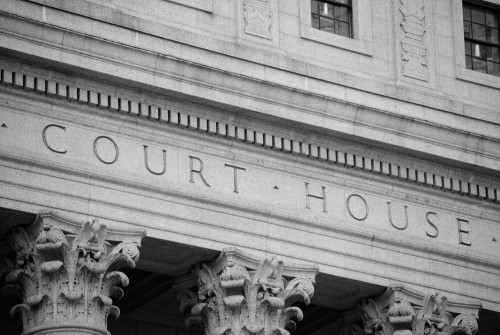Category: Expungement
An assault conviction on your record can make it challenging to secure employment, housing, educational, or financial opportunities. Fortunately, New Jersey law allows some individuals convicted of criminal offenses to petition to expunge their criminal records. An expungement can relieve the stigma of a criminal record after the…
A criminal record can be a barrier between you and the future you hoped for. In addition to the damage a conviction can have on your reputation, you may also face restrictions on where you can live and work, lose certain rights, and more. If you were convicted…
New Jersey has two ways of limiting who has access to criminal records: expungement and sealing. Expungement completely removes a conviction or arrest from an individual’s record. However, sealing a record simply makes it invisible to the general public while still allowing some organizations access. A criminal record can…
You can usually expunge one indictable crime and three disorderly persons charges from your record after waiting four to five years in New Jersey, though exceptions apply. Records of recovery court matters, some marijuana charges, and arrests that don’t result in a conviction can also be expunged. Expungement…
New Jersey’s expungement procedures allow some people with criminal histories to have certain records isolated or sealed from the public record. An expungement is an important legal option to explore because a criminal background can affect future life opportunities, such as getting a job or finding suitable housing….
When a person is arrested, the police are supposed to read them their rights as a person facing criminal allegations. This reading, sometimes known as a Miranda warning or a reading of the Miranda rights, is a basic part of most arrests and is required in many cases….
With a multitude of internet resources and books available regarding how the law works, many people believe that they are capable of handling their own defense if charged with a crime. However, even minor criminal convictions can have significantly greater effects than a person may first realize. Additionally,…
Expunging your record in New Jersey, unfortunately, is a fairly lengthy process which can take upwards of six or seven months. If a determination has been made that your record can be expunged, then the necessary paperwork has to be done. So what does that include? That includes…
The basic process of a criminal case begins with a defendant being arrested and charged with committing a crime. The government is responsible for proving that there is irrefutable reason to believe that the defendant committed the crime. The following process then takes place: Bail hearing – The…







